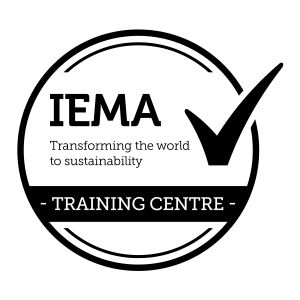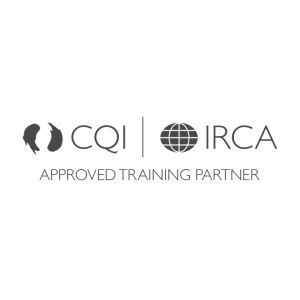
The Art of Managing Sustainability
The word Sustainability is used in business every day and yet it can mean very different things to different people..
To many, Sustainability is synonymous with the Environment. Environmental Sustainability has risen in the public conscience more over the last few years then ever before. COP26 in Glasgow provided a surge of publicity in the UK and there is rarely a news program on TV which doesn’t contain an environmental story.
For businesses, Environmental Sustainability is also rising to the top of the agenda with legislation becoming more stringent and self-imposed targets becoming commonplace.
But there is more to Sustainability than just Environmental issues, particular in the business world. Sustainability encompasses anything that is a risk to organisational performance; economic sustainability, organisational resilience, resource management and supply chain management are just examples of any number of issues. It’s how we ensure next week and next year and the next generation will be OK.
Sustainability is a huge Venn diagram of considerations that we need to give attention to if we are to ‘keep the lights on’. Metaphorically of course!
One of these considerations which has become a powerful driver for change is Corporate Social Responsibility, often abbreviated to CSR. CSR is a part of the Sustainability family of issues because the public are demanding more from the businesses that both serve them and rely on their custom. Their demand is that our business community pays greater attention to the considerations that often wouldn’t, without public pressure, feature highly on a board room agenda.
Environmental sustainability is a perfect example; organisations may meet the regulatory requirements but it is public pressure that will encourage them to ‘go the extra mile’.
Supply chain management is another great example; coffee beans sourced from sustainable farms provides a sweeter taste to today’s consumers.
So, effective Business Sustainability involves the integration of economic, environmental, and social considerations into a company's strategies, operations, and decision-making processes. It aims to create long-term value for the business while also contributing to the well-being of society and the health of the planet.
Implementing business sustainability requires a holistic approach that considers the interplay between economic, environmental, and social factors. Successful sustainability initiatives are often embedded in the company's culture, strategy, and daily operations. Companies that prioritize sustainability are better positioned to build resilience, enhance brand reputation, attract talent, and contribute positively to society and the environment.
This sounds pretty positive for the consumer doesn’t it!
Management systems are designed to help you manage these issues and used correctly are very effective. Too many organisations who invest in Certified management systems, ideal for delivering value through sustainability initiatives but neglect the staff who will make it happen.
Training with iqms Learning will ensure your people know the masterplan, understand the importance of their part in it and will take the actions needed on the journey.
Our management systems auditor courses are CQI and IRCA registered and our Environmental Sustainability courses are IEMA certified.
Contact us today at enquiries@iqmslearning.co.uk to see how we can help your journey to sustainability.










